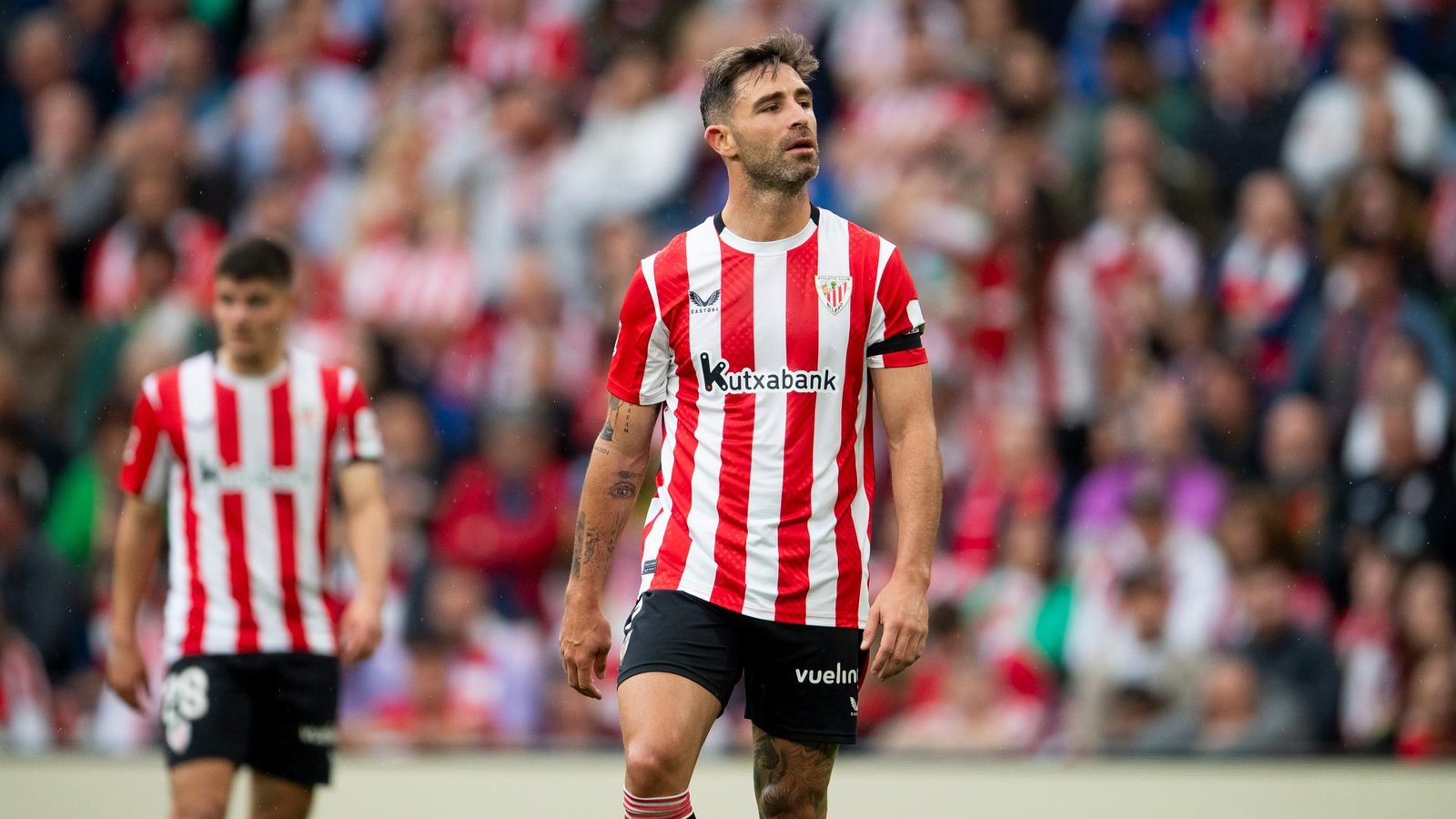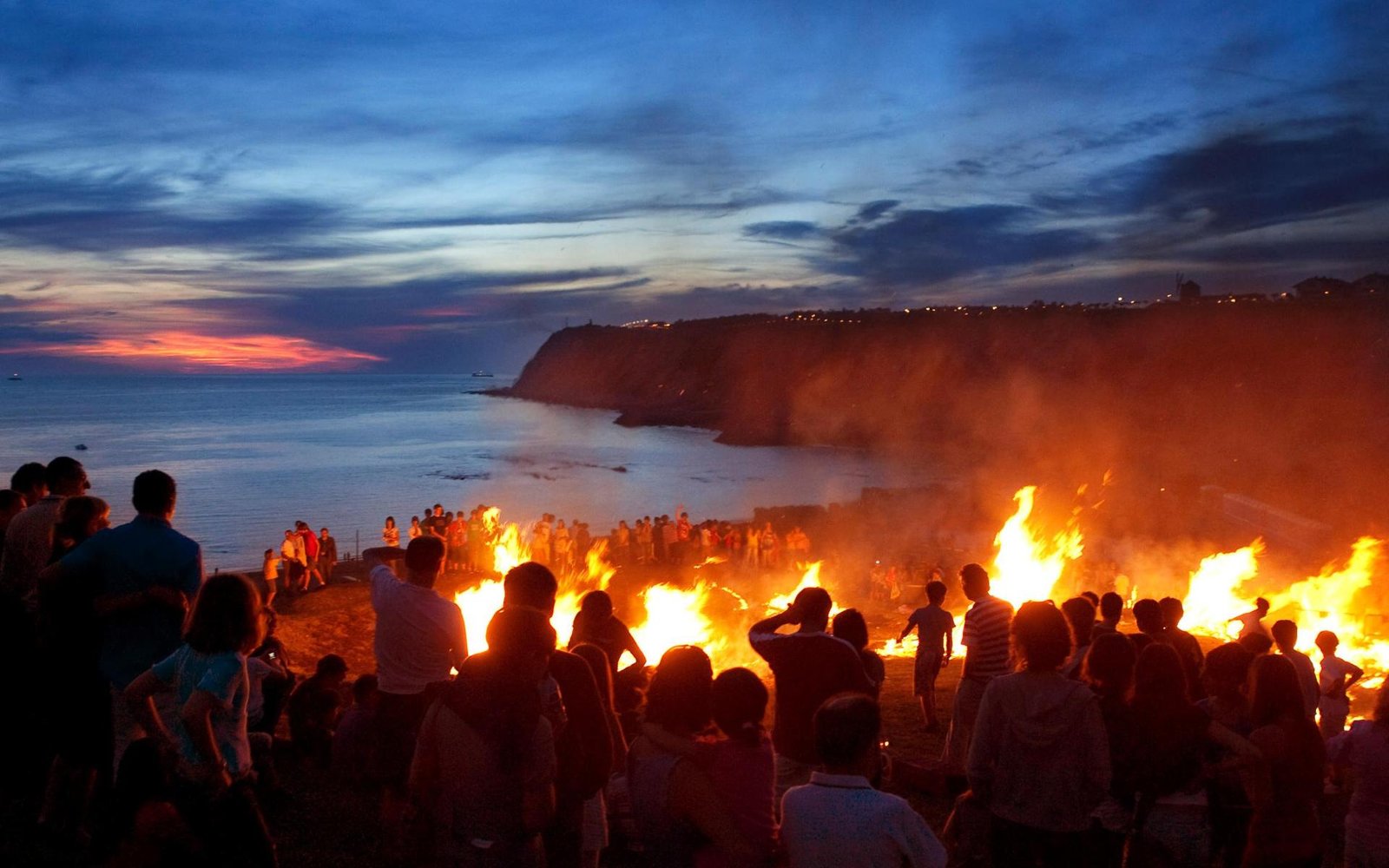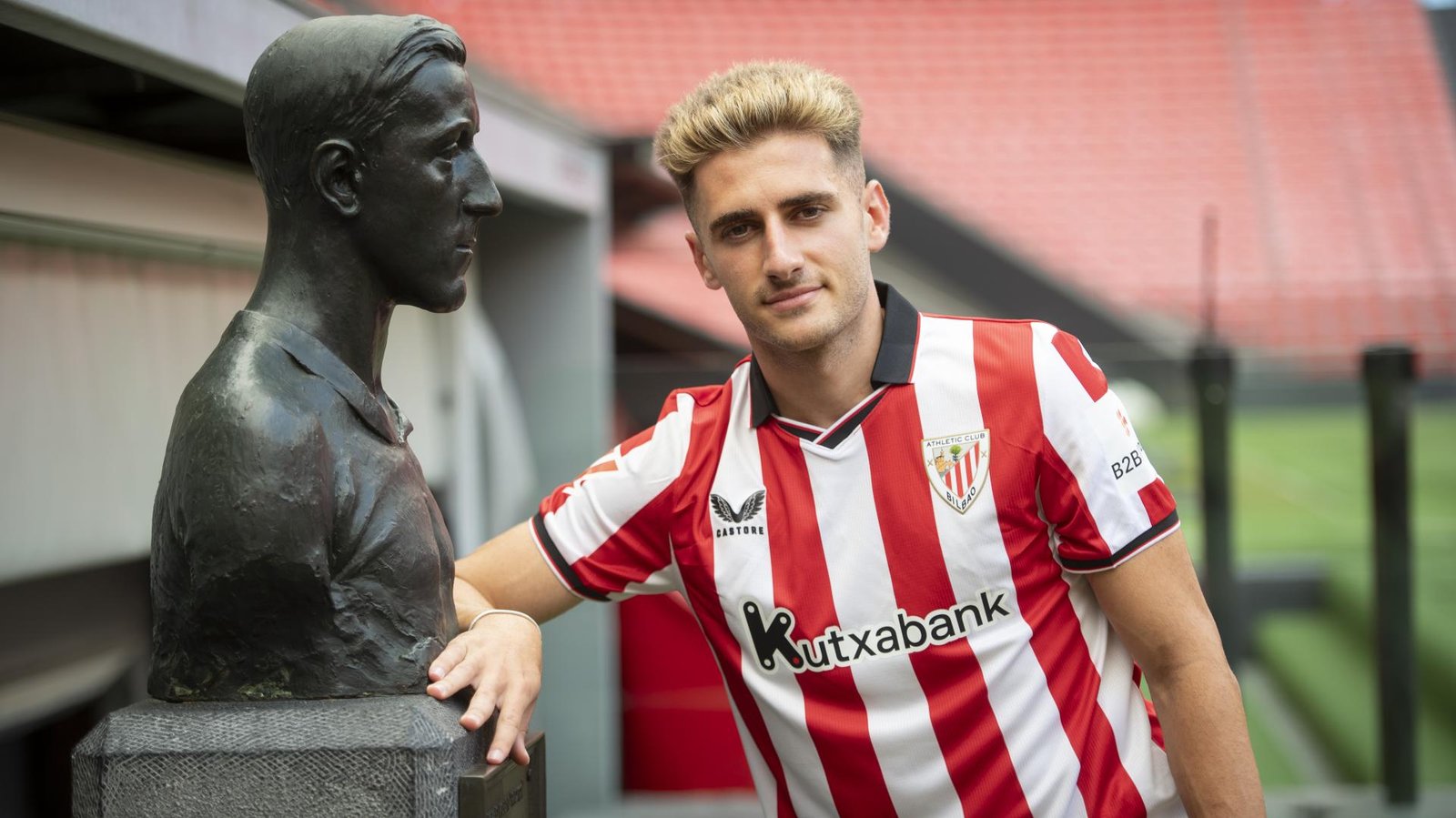
Prado Ayuso anticipates that the election could take place this Friday and admits that he would like «a sort of Francis II»
The bishops of San Sebastián, Fernando Prado Ayuso; of Bilbao, Joseba Segura; the one of Vitoria, Juan Carlos Elizalde; and the archbishop of Pamplona and bishop of Tudela, Florencio Roselló, have expressed their confidence that, with the new Pope, who they hope will be elected this Friday night, there will be a «fundamental continuity» with the legacy of Francis, in his «irrevocable» commitments, such as peace, caring for the planet, his stance on abuses, the world of the poor and migration, but «in a different style.»
At a press conference at the Seminary of San Sebastián to present the proposal ‘Kits of peace and hope’, the four prelates have pointed out that the conclave to elect a new Pope, which begins this Wednesday, is «a special moment» for the Church, which sees it from «a slightly different perspective than society does.»
In this sense, Prado Ayuso has indicated that although in the media «there is talk of controversial issues, rivalries, trends» and «there is some of that too,» because they are «humans with differences,» however, there is «much more consensus in the college of cardinals than the media sometimes reflect.»
The bishop of San Sebastián has stated that «everyone» expects that «continuity» of the legacy of Pope Francis, in fact, he has admitted that he would like the new pontiff to be «a sort of second Francis, with a different name,» but also «novelty,» that «prints his character,» something that «will depend a lot on who he is and where he comes from.»
«FOR FRIDAY»
He has also pointed out that «choosing a Pope is a matter that is done, not by majorities, but by a great consensus» and that «the Holy Spirit is doing his work and harmonizing, listening to what the cardinals are listening to and reaching consensus.» In this context, he has ventured to predict that «by Friday, perhaps, we will have a new Pope,» since in «the last three or four previous conclaves it has been like that.»
«This method they have now also through the pre-conclave sessions, well, makes them listen a lot and also unite criteria, profiles, and see clearly what, let’s say, the world today and the Church need,» he said.
For the bishop of San Sebastián, «the Holy Spirit has already chosen him and now it is a matter of the cardinals there to tune in with the Spirit so that they unite and, from harmony, achieve the first 90 votes to elect the Pope,» to which «many more will surely follow.»
Asked by journalists about the characteristics that the new pontiff should have, Prado Ayuso has opined that he should be «a close shepherd» as, in his opinion, Pope Francis has been, whom he has also referred to as «a man of peace, who promotes peace, close to the poor, who takes into account the signs of the times we are living, the problems of humanity and migration.» «Today we would not understand if a new Pope went in another direction,» he emphasized.
«GREAT CONTINUITY»
On his part, the bishop of Bilbao, Joseba Segura, has not dared to make «any prediction» about how long it will take to elect the new Pope, but he has trusted that there will be «great continuity in many elements of the papacy,» which has been «long» advocating for peace.
«There are no two popes alike,» he pointed out, to emphasize, next, that «each one brings his own,» but, in his opinion, there will be a «fundamental continuity in a different style.» He has also pointed out that «the best Pope is the one that comes out, with whom we will work, with whom we will live together, and that will be a leader who will surely have a global and worldwide dimension.»
Also, he has indicated that in that «continuity» if there is precisely a «theme that is accepted and that came a while ago to stay» is the role of «artisans of peace.»
The bishop of Vitoria, Juan Carlos Elizalde, has acknowledged that in the last months of Francis’ illness, there has been «an enormous orphanhood in humanity, on the verge of a volcano among crazies internationally.» «There is a longing for leadership in favor of peace, for a peace pastor,» he opined, while pointing out that «there are no perfect candidates» and each pontiff «has had his vulnerable part and adverse collateral effects.»
He has also reflected on the fact that our society is very diverse and, therefore, is «very prepared» for any origin of a new Pope.
The Navarrese prelate, Florencio Roselló, has emphasized that the Pope who is chosen «will be the best we can have» and has also insisted that, in his opinion, the legacy of Pope Francis «will continue,» because «there are four or five issues that are non-negotiable and dismissible,» the first of them being «peace,» but also «the issue of the poor, immigrants, prisoners,» as well as «caring for the planet and the issue of abuses.»
All these issues, in his opinion, will continue to be addressed, «with nuances,» since the new Pope will bring «his personal will,» but they are «central» for the Church, and Pope Francis «has highlighted» and has placed «very much at the center of the Gospel.»
SYNODALITY
Furthermore, Prado Ayuso has reiterated that, along with those «clear» lines of continuity already mentioned, the issue of «synodality» is still in development, that is, «to see how we walk together within the Church,» which «has to be developed more and more» and continue the «internal reform» of the Church.
Another issue that, in his opinion, the new Pope will have to address is the «process of secularization that does not seem to see the bottom» and see how from the Church to transmit faith to the new generations. «I think that is the great pain of wheels we have,» he considered.
IDENTITY
Regarding this, Elizalde has added that if the identity of the Church «is not made attractive, we do not know how to communicate, we do not share the project, there is no co-responsibility, etc.,» they can end up «alone,» but, at the same time, «if the focus is only on communication, adaptability, sensitivity, we secularize and lose our identity because we have nothing to say we are just another NGO.»
In this context, he has advocated addressing «the fruitfulness in communities, the fruits,» and has insisted that they are playing «a lot» with the synod issue, which was supposed to «continue in May,» because «it has been a path where the laity have taken on more responsibilities, where women have also been more taken into account.»
«Well, I think they are conquests, I don’t know if the expression is the most accepted, but they have been realities that I believe have benefited the Church,» he considered, to emphasize that «it is something that Pope Francis has opened to make the Church a home for everyone, a matter for everyone.» «That could perhaps be the issue that has been left hanging a little and we will see what happens to us,» he concluded.






